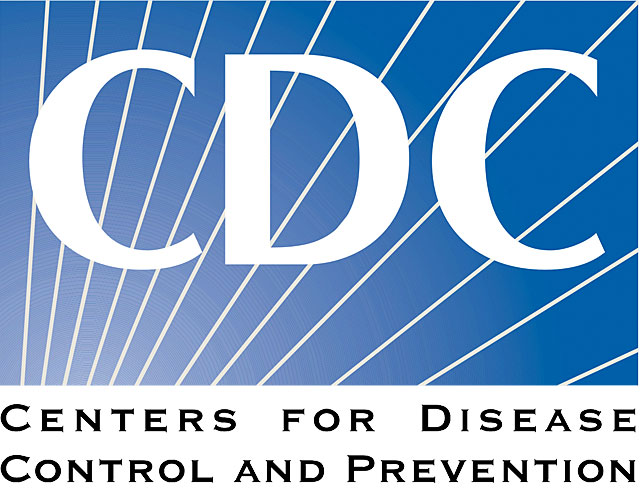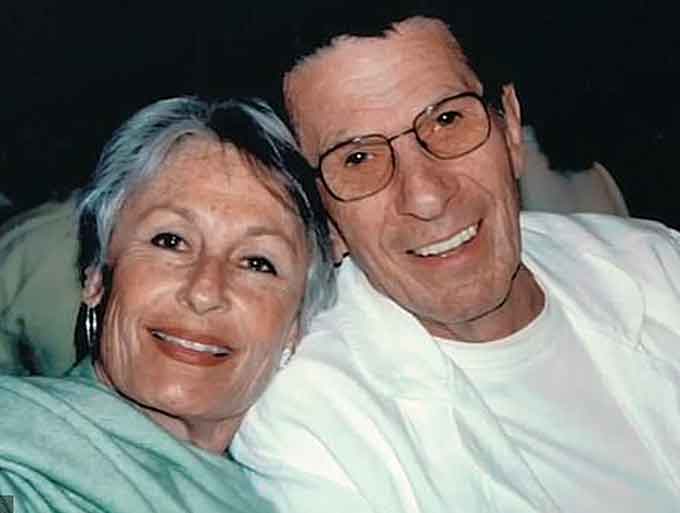
New emotionally powerful ads have kicked off the eighth year of the Centers for Disease Control and Prevention’s (CDC) “Tips From Former Smokers” campaign which share personal stories of Americans suffering from smoking-related illnesses, as well as the devastating impact of these illnesses on smokers’ families.
One of the new ads features Susan Nimoy, the wife of Leonard Nimoy, the American actor best known for his role as Spock on Star Trek.
Leonard Nimoy started smoking cigarettes as a teenager because he thought they were “cool” and smoked for 37 years.
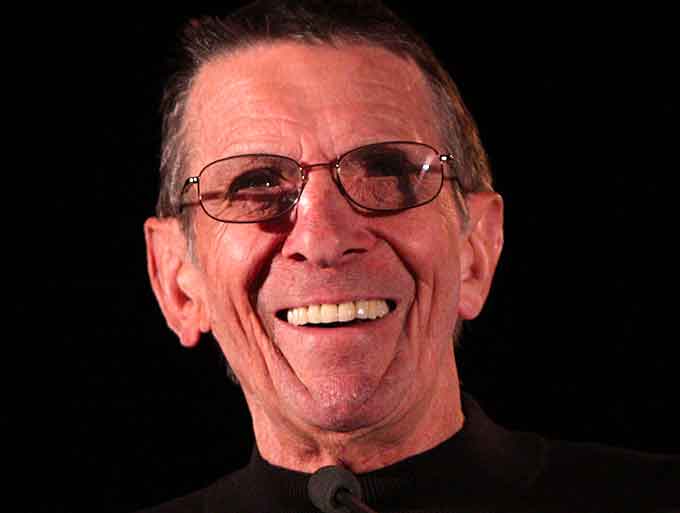
“I’d tell people I was an Olympic championship smoker,” Leonard said.
“If there had been a championship in the addiction, I could have qualified.”
Leonard tried several times to quit. Then, in 1985, his first grandchild was born.
Concerned that secondhand smoke from his cigarettes would harm the baby, Leonard found the motivation he needed.
Drawing from lessons he learned from previous quit attempts, Leonard eventually stopped smoking completely.
While he remained smoke-free, the years of smoking damaged Leonard’s lungs.
He had a persistent cough, lingering bronchitis, and shortness of breath when walking or exercising.
In 2013, Leonard was diagnosed with chronic obstructive pulmonary disease (COPD).
(Leonard smoked for 37 years. His wife Susan explains that although Leonard worried he might develop lung cancer, he never expected that COPD would end his life. Courtesy of the Centers for Disease Control and Prevention (CDC) and YouTube. Posted on Apr 1, 2019.)
COPD is a condition that makes it harder and harder to breathe and can cause death.
It refers to a group of diseases, including emphysema and chronic bronchitis, which cause airflow blockage and breathing-related problems.
Most cases of COPD are caused by smoking.
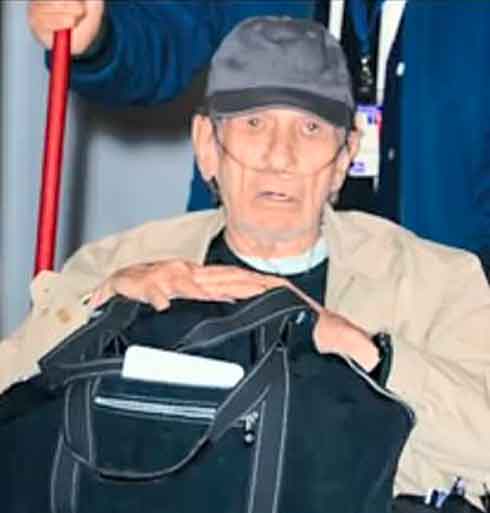
Leonard focused on managing his COPD symptoms through medication, oxygen, and physical therapy.
Over time, however, Leonard became weaker and more oxygen-dependent. His body couldn’t clear infections, and he was hospitalized several times.
In 2015, Leonard Nimoy died from COPD.
Through his family’s endorsement, Leonard’s story lives on as part of the Tips From Former Smokers® campaign.
Beginning April 1, Tips ads will run for 27 weeks on national and cable television, online, and in magazines.
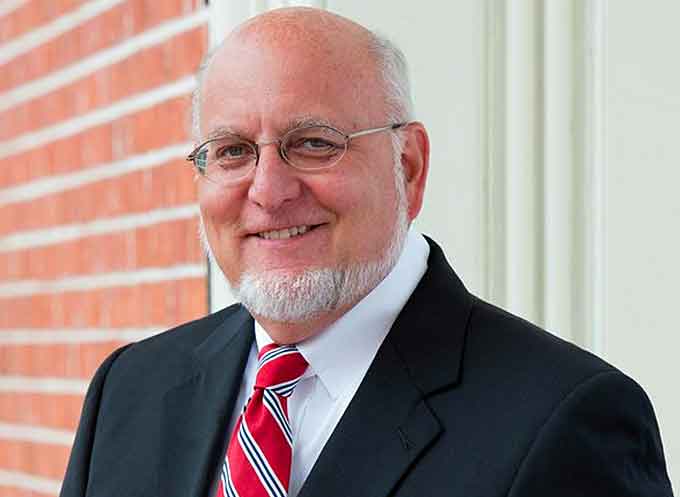
CDC estimates that, during 2012-2015, over 9 million Americans tried to quit smoking cigarettes because of the campaign and over half a million quit for good.
“These personal stories shared by individuals and their loved ones clearly illustrate the very real impacts of cigarette smoking,” said CDC Director Robert R. Redfield, M.D.
“Because of their courage and willingness to educate others, those featured in these new Tips ads will continue to inspire millions of Americans to make the life-saving decision to quit smoking.”
(When Christine lost her teeth and jaw to oral cancer after years of smoking cigarettes, her teenage children had to step up and take on adult responsibilities. In this video, Christine speaks about how her tobacco addiction robbed her kids of their childhood. Courtesy of the Centers for Disease Control and Prevention (CDC) and YouTube. Posted on Apr 1, 2019.)
New ads highlight harms of smoking, benefits of quitting
The new ads also feature:
-
Terrie, from North Carolina, who at age 40 was diagnosed with oral and throat cancers spoke through a stoma.
-
Terrie died September 16, 2013, from smoking-related cancer. She was 53.
-
-
Dana, age 38, Terrie’s daughter, who had to live with her mother’s illness and describes how it affected the family’s life.
-
Christine, age 55, who was 44 when she was diagnosed with oral cancer, which eventually required doctors to remove half of her jaw.
-
Christine talks about the impact her smoking-related illness has had on her family.
-
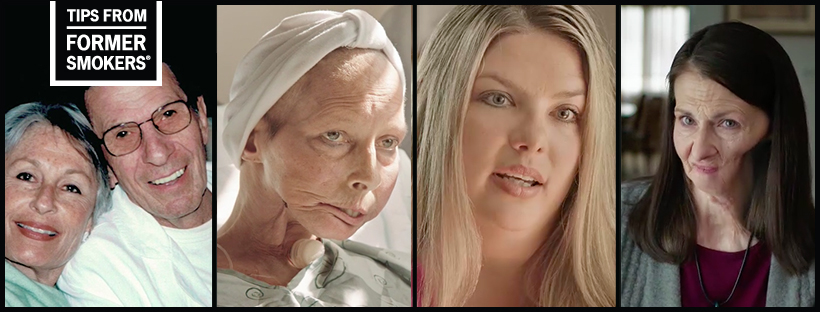
Cigarette smoking remains the single largest cause of preventable disease and death in the United States, killing more than 480,000 Americans each year.
And for every American who dies from a smoking-related disease, about 30 more suffer at least one serious illness from smoking which damages nearly every organ in the body.
Besides the harm it does to peoples’ lives, cigarette smoking also has a significant impact on the U.S. economy.
Smoking costs more than $300 billion a year—including nearly $170 billion in direct medical care for adults and more than $156 billion in lost productivity.
(Terrie bravely showed the world how years of smoking cigarettes damaged her health. In this video filmed shortly before her death in 2013, Terrie says she regrets ever picking up a cigarette. Courtesy of the Centers for Disease Control and Prevention (CDC) and YouTube. Posted on Apr 1, 2019.)
The Tips campaign is an important counter to the $8.6 billion spent on advertising and promotion of cigarettes in 2017, which makes these products more attractive and more affordable.
The Tips ads encourage smokers to call 1-800-QUIT-NOW or to visit www.cdc.gov/tips to view the personal stories from the campaign.
The website includes information, tools, and resources to support smokers trying to quit.













